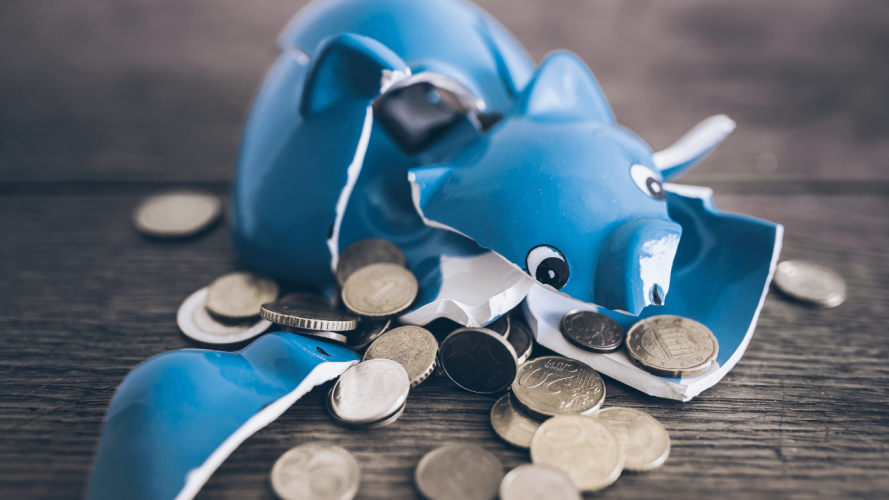Revolving credit refers to accounts that have a line amount that you can borrow against as needed, and as you pay it back, it becomes available to borrow again. This is how credit cards work, as well as home equity lines of credit and personal lines of credit. Credit cards and revolving lines of credit are convenient ways to pay for unexpected expenses. Let’s look at how revolving debt affects your credit.
Handling Revolving Credit
How you handle revolving credit can either help or hurt your credit. If you’re just getting started with a credit history, or if you’re rebuilding after previous financial difficulties, having a revolving account can help you begin to build a positive payment history, as long as you make your payments on time.
Whenever you borrow against a revolving account, it’s a good idea to have a plan on how and when it will be paid back and to pay it off before you borrow against the line again if possible. If you’re not able to pay the balance off in full right away, interest is charged on the balance you carry, and you’re expected to make a minimum payment each month. The longer you carry the balance, the more you’ll pay in interest.
Revolving Credit and Your Credit Score
Consistently making your payments on time is one of the most important parts of your credit score. Other ways revolving credit can affect your credit score include:
- Credit utilization -The percentage of available credit you’re using also factors into your credit score. This is known as credit utilization. Whenever possible, keep your credit utilization under 30 percent. If you use more of your available credit than that, it can hurt your credit score. The lower your credit utilization, the better impact your revolving credit can have on your credit score and your financial health.
- Consolidation – If your credit card balances have gotten too high, consolidating credit card balances into an installment loan can help to improve your credit score by lowering your credit utilization. Be careful not to keep using your credit card, which would increase your credit utilization again and also increase your overall debt.
- Zero balance revolving accounts. – If you have a credit card that has a zero balance, don’t be in a hurry to cancel the account. Canceling a credit card lowers your total available credit, which also lowers your credit utilization.
- Credit mix – Opening a credit card account can help diversify your credit mix if you’ve only had a car loan or a student loan up until now.
Protecting Your Credit
Check your credit report at least once a year to make sure that the information on it is accurate. Misinformation can affect your ability to borrow money in the future at reasonable rates. If you find errors on your credit report, let Dovly help you dispute them. Dovly is an AI credit engine that can help you track and fix your credit. Try it risk-free with our free membership tier. Contact Dovly today.



